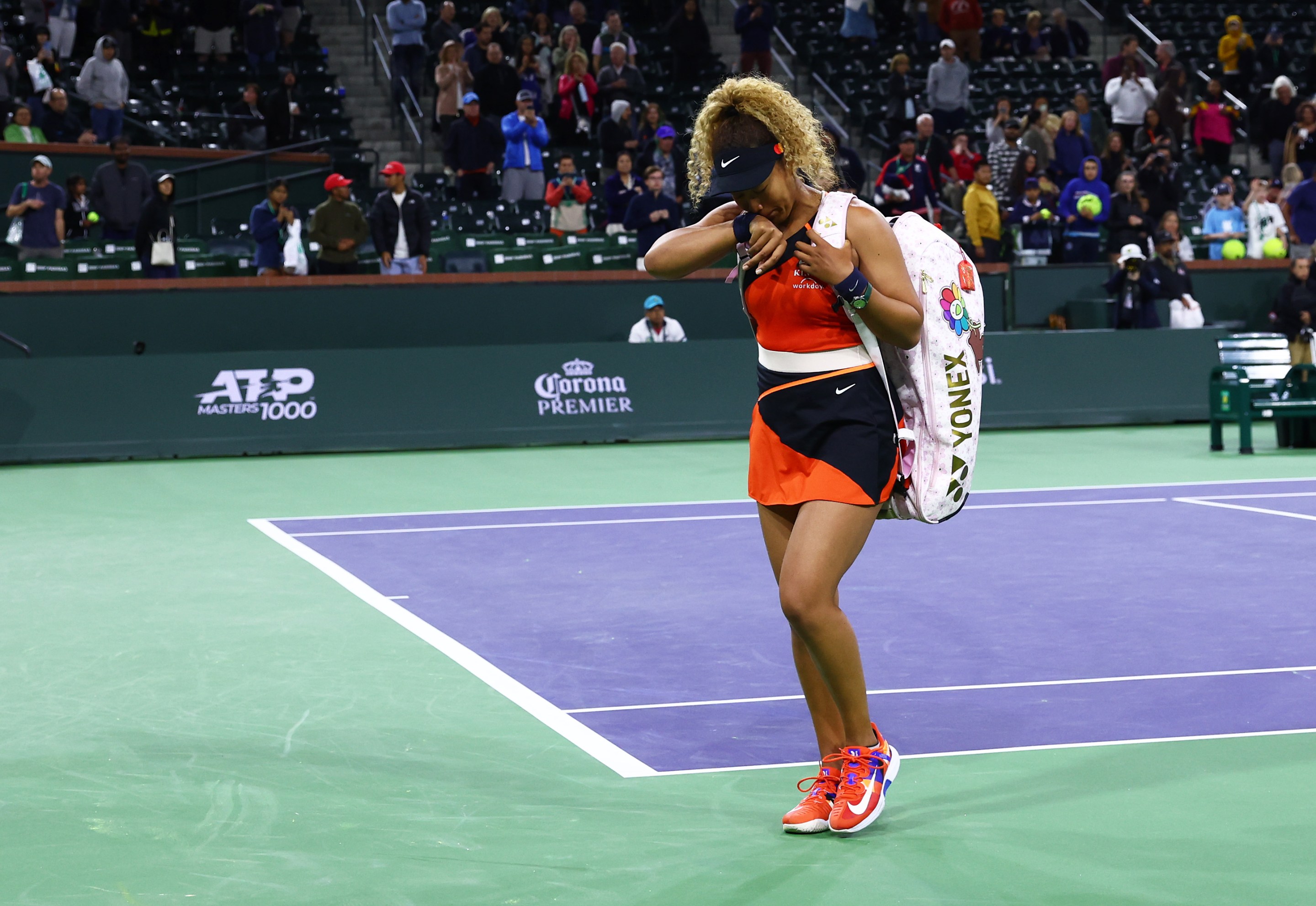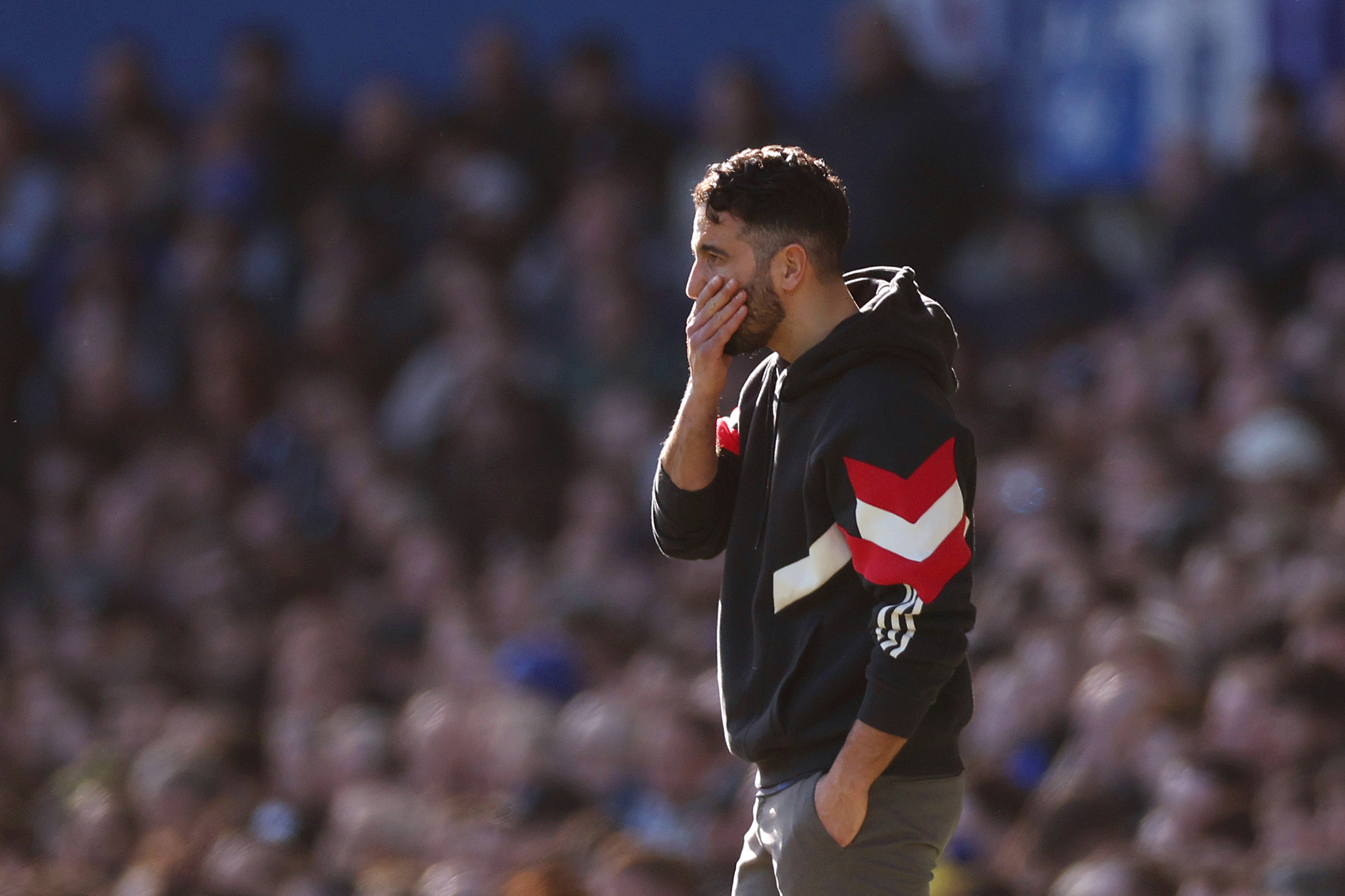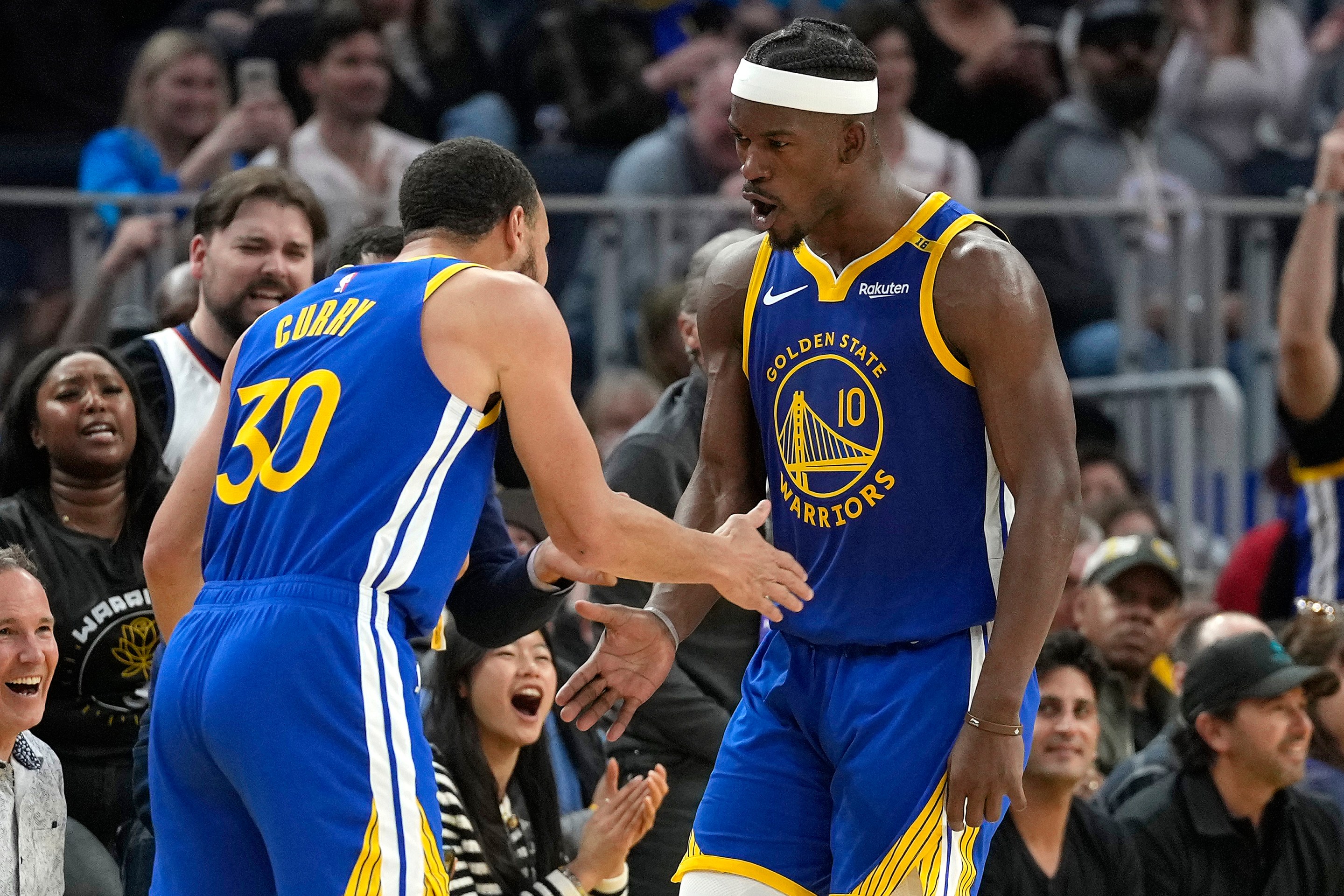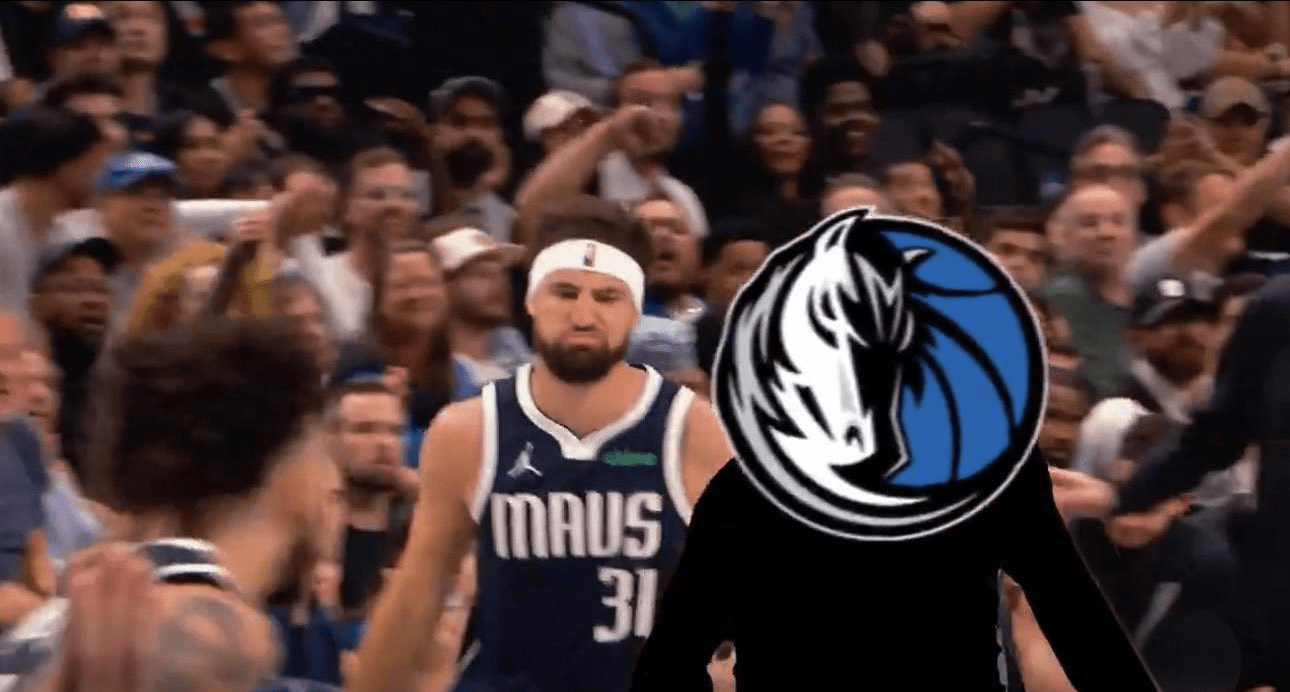Naomi Osaka's history at Indian Wells is also an index of her short and turbulent career. In 2018 she arrived as the world No. 44, dropped just one set en route to the trophy—her first pro title of any kind—delivered a victory speech for the ages, and announced herself as one of the most explosive hard court players alive, which she backed up with a U.S. Open victory later that fall. When she returned to the desert in 2019, she was already the No. 1 player on tour. The 2020 tournament was canceled in the early haze of the pandemic. By the 2021 edition, Osaka was a four-time major champ and the brightest young star in the sport, but also openly explaining to the world that she had lost the joy in tennis; she missed the event due to a months-long hiatus from the tour. Entering this 2022 Indian Wells campaign, just her third event in six months, Osaka had fallen to No. 78. She's picking her tournaments carefully, trying to rekindle the joy of competition, and she seemed to have made some progress on that front during a third-round run at the Australian Open in January. Despite another long absence from match play, she looked fit and sharp in her first round last Thursday, dispatching Sloane Stephens 3-6, 6-1, 6-2.
On Saturday, she faced world No. 24 Veronika Kudermetova, a match that went awry almost as soon as it started. After Osaka dropped her first service game, a heckler in the crowd shouted, "Naomi, you suck!" Osaka asked the chair umpire to eject the heckler from the crowd, and the umpire declined. As Osaka prepared to serve at 0-2, she wept. After losing that game, she again addressed the chair umpire, who told Osaka the heckler would be ejected if they chirped again. Osaka asked to use the mic to address the crowd—a long shot—and was denied. She lost the first set 6-0, and regrouped before a much more representative second set, which she lost 6-4.
After Kudermetova's post-win interview, Osaka was allowed to address the crowd. She thanked them, and explained that the heckling caused her to replay in her mind the infamous, stadium-wide booing of the Williams family in 2001, which traumatized the sisters so deeply that they refused to compete at Indian Wells for over a decade. A little more context on that incident: Venus withdrew from her semifinal match against Serena minutes before it started, and Richard Williams was suspected of match-fixing his daughters' head-to-head encounters. When Venus and Richard entered the stadium to watch Serena compete in the final, they were met with jeers; Richard said he heard violent racial abuse as he walked to his seat.
"I just wanted to say thank you." 😍
— Tennis Channel (@TennisChannel) March 13, 2022
- @naomiosaka | @BNPPARIBASOPEN | #IndianWells pic.twitter.com/mPpm2Vdzml
From the outside, it's hard to see the link between a single hollering idiot and the most noxious mass fan behavior in tennis history. Maybe that's not really the crux of the issue. What's relevant is that Osaka is still drawing that connection in her mind, mid-match, upon hearing the kind of nondescript remark she has likely brushed off dozens of times in the past. As a competitor, she's a long way from the mindset that wins seven matches in a row, the high standard she's set for herself. Who can prescribe the right course of action from here? Some like to cite the example of Ashleigh Barty, who quit tennis entirely during an early career burnout, played pro cricket, picked up her racket again, and is now the top player in the world. Maybe there's something to that hard binary: either a full shutdown or a full return to normal touring. Osaka herself has just suggested that her current approach—a half-measure, where she plays just a handful of big tournaments—has brought its own challenges. "I'm the type of person that—this is also a bad thing about me—I want to play the least amount of tournaments as possible, but in order to do that I have to do well at every tournament. So I create this pressure internally always," she said after her first-round win, before this loss of composure. "I can easily fix that by playing more tournaments. I'm doing it to myself."





